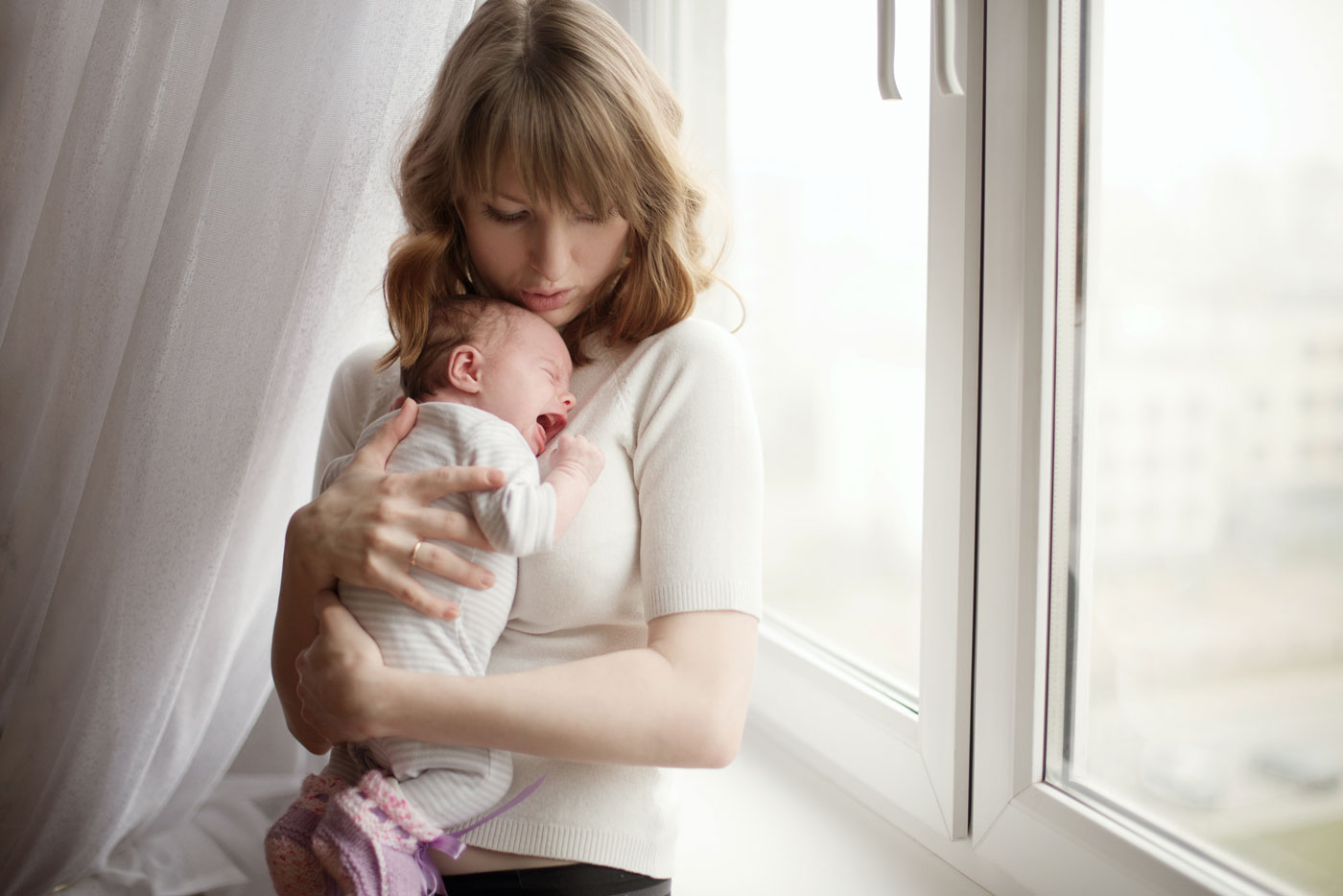
What You Need to Know About Post-Partum Depression
Recently many celebs, such as Hayden Panettiere and Drew Barrymore, have opened up about their battles with Post-Partum Depression (PPD). However, despite the “awareness” raised by their stories, most of us still don’t know when the line is crossed from being a hormonal, sleep deprived new mom, to being a woman suffering from a serious mental health condition.
Even doctors are only just beginning to understand what post-partum depression is.
What many people don’t understand is that very often, PPD can begin during pregnancy. It can affect women of any age, regardless of their mental health or prior reproductive history. Furthermore, we know very little about other debilitating conditions, such as anxiety disorders, that can happen during this very vulnerable time as well.
Here are 5 warning signs that you, or any new or soon-to-be mother, should consider seeing a mental health professional:
Another “bad day.” Sure, the early stages of parenthood are prone to frustration, but if you are finding yourself constantly sad or irritable, overwhelmed, or have trouble enjoying hobbies, food or your new bundle of (would-be) joy, then take note and monitor your feelings. If weeks go by and you still feel the same or worse, seek help.
Counting sheep. Sleep deprivation is almost universal among new parents, but in most situations is due to the wee one’s tendency to rely on mom and dad for soothing in the early hours of the morning. However, if you are counting sheep while your little lamb is fast asleep, then there may be a problem.
The world is blue. We often seek solace in that first month of motherhood in the hope that the screaming, purple-faced little ball of flailing fists will soon become a babbling, cooing and smiling little joy in the coming months. We also at the end of the day are able realize that we are doing the best we can. But if you find yourself dwelling on the negatives when it comes to the past, the future, and especially yourself, this could be a sign that you need help. This extends far beyond what many of us would experience as simple “mommy guilt” when we let the crying go on a little too long while we unload the dishwasher. Depressed moms can become hopeless and self-loathing.
It’s all too much. It is natural to feel wiped out by sleep deprivation, but most of the time we are able to attend play groups, take out the stroller for a walk and throw together dinner (even if it is just PB and J). It is not normal to consistently be too exhausted to play with your little one, or to get out of the house. This can especially be a problem if you are putting off going to the doctor because you are simply too tired to get off of the couch or too anxious to leave the house.
Mega Mommy brain. As a new mom, nobody would expect you to write a novel, but if you just spent an hour watching Grey’s Anatomy and really can’t remember who Dr. McDreamy is currently dating, then take it as a sign that something is brewing. People with depression often feel too foggy and exhausted to focus, while those with anxiety sometimes feel too frazzled or distracted by other thoughts and worries.
And remember to trust yourself. If you feel something just isn’t right, and you’re concerned you might have post-partum depression, don’t hesitate to seek help. You’re doctor is there to help you, and you aren’t alone.







